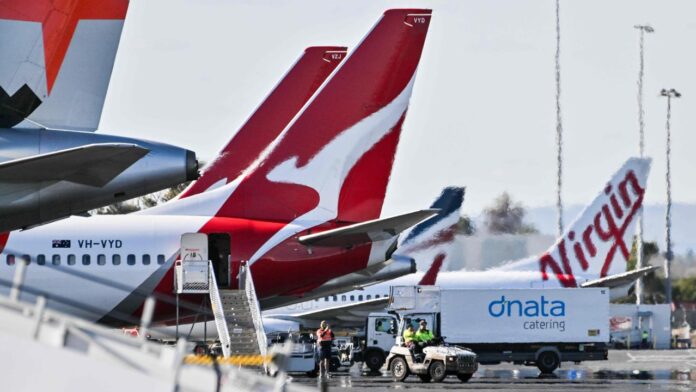Australian carrier Qantas announced on July 2, 2025, that a hacker broke into a third‑party platform used by one of its call centers and accessed records for up to six million customers. While the airline has contained the breach and secured its core flight systems, the incident marks one of the largest data exposures in Australia in recent years.
Data Breach Details
Qantas said its cybersecurity team detected unusual activity on the third‑party customer service platform on July 1. The system stored basic personal data, including names, email addresses, phone numbers, birth dates, and frequent flyer numbers. Importantly, no credit card information, passport details, passwords, or PINs were kept on the affected platform, and those elements remain secure apnews.com. The carrier moved quickly to isolate the compromised system, shut down unauthorized access, and notify federal authorities.
Impact on Customers
Though the platform did not hold highly sensitive details, experts warn that the exposed information can fuel scams and identity theft. Criminals often use names and birth dates to craft believable phishing emails or to reset passwords on other sites. Qantas has set up a dedicated support hotline and a web page for updates. The airline also plans to alert customers whose data was likely taken and encourage them to watch for suspicious activity abc.net.au.
Possible Culprits
Security analysts suspect the Scattered Spider group, which has targeted several airlines in recent months. This collective favors social engineering tactics—such as phishing and multi‑factor authentication bombing—to trick help‑desk staff into granting access. Scattered Spider claimed responsibility for attacks on Hawaiian Airlines and WestJet and is known to threaten data leaks if ransom demands go unmet theguardian.com. Qantas has not officially named a suspect but said it is working with external experts to trace the attacker.
Industry Reaction
The aviation sector has seen a spike in cyber incidents lately. Qantas joins Hawaiian Airlines, WestJet, and others that faced breaches earlier this summer. Google’s Mandiant unit warned carriers worldwide to tighten vendor security and train customer‑service teams on spotting social engineering schemes investopedia.com. Some industry insiders say airlines must treat call centers as critical infrastructure, with the same safeguards as flight‑control systems.

What’s Next
Qantas is completing a full forensic review to determine exactly how much data was stolen. It has reported the breach to Australia’s National Cyber Security Coordinator and the Australian Federal Police. Meanwhile, the airline reassures passengers that booking and flight operations are unaffected. CEO Vanessa Hudson has apologized and pledged to bolster defenses against future threats apnews.com.
Personal Analysis
I see this breach as a wake‑up call not just for Qantas, but for all firms that rely heavily on third‑party services. Call‑center platforms often have broad access to customer data, yet they do not always get the same scrutiny as core IT systems. In my view, companies must audit these vendors more often and run regular security drills. Simple steps—like stricter identity checks for service‑desk agents—could stop many social engineering attacks before they succeed. In the end, trust in a brand hinges on its ability to protect customer data, and Qantas will need to move swiftly to regain that trust.

